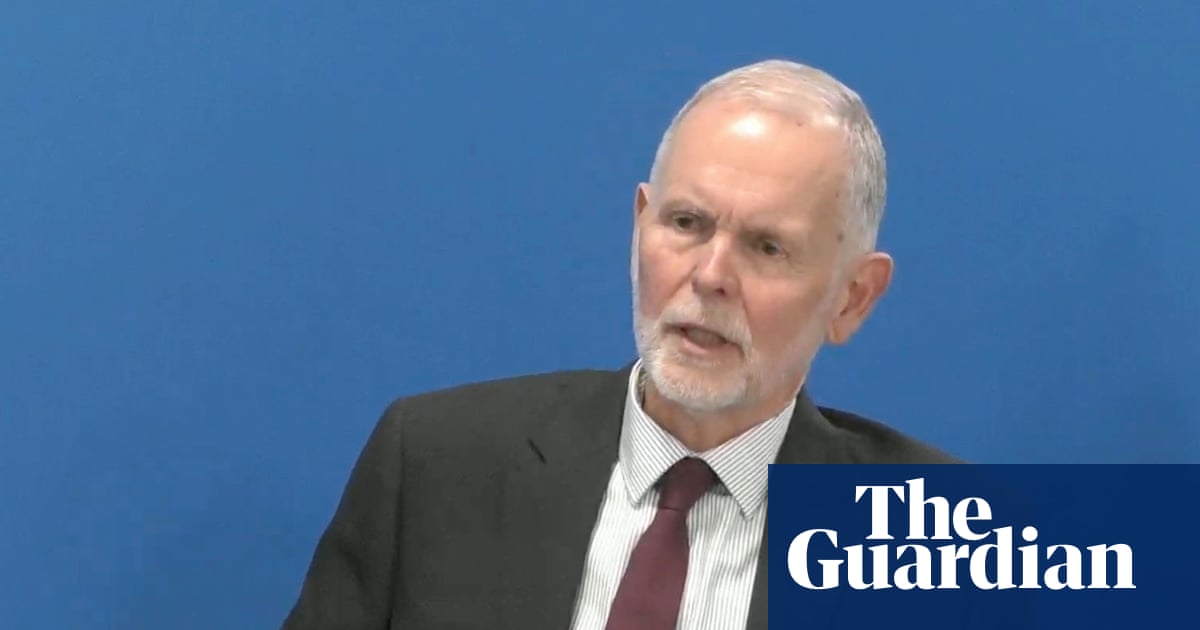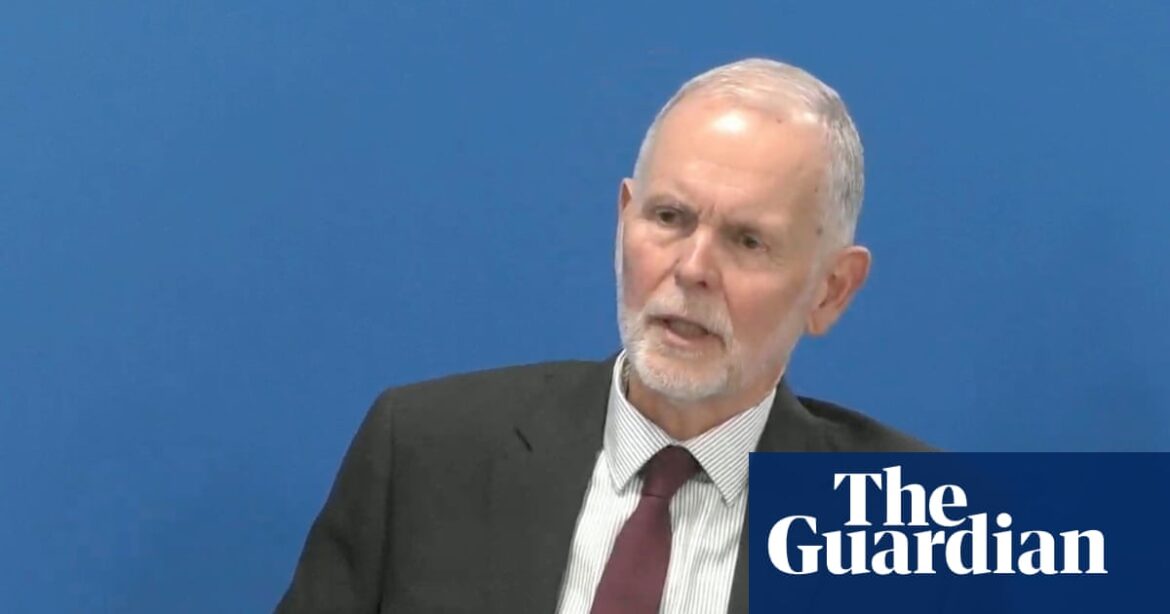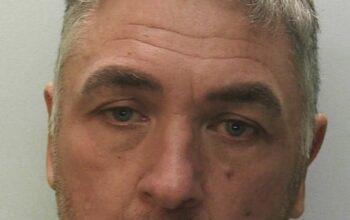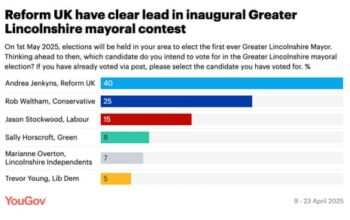
An undercover police officer has denied that he set fire to a high street department store while masquerading as an animal rights campaigner, a public inquiry has heard.
Six witnesses have told the undercover policing inquiry that Bob Lambert, a police spy, was involved in an arson attack on a Debenhams that caused damage costing £340,000.
Testifying under oath, Lambert repeatedly maintained that all six were wrong. He also denied claims that he had submitted distorted intelligence reports to his supervisors to conceal his own role in the arson plot.
Lambert is the most controversial police spy to have been questioned so far by the inquiry, which is examining how undercover officers spied on more than 1,000 political groups over more than four decades.
As well as his alleged role in the arson attacks on Debenhams, Lambert deceived four women into sexual relationships while he spent five years undercover infiltrating animal rights activists and anarchists in the 1980s.
He fathered a son with one of the women, known as Jacqui, and then vanished from their lives. She has told the inquiry that her life was “absolutely ruined” after discovering the truth by chance more than two decades after their child was born.
Lambert became a senior manager in the 1990s, running covert operations infiltrating political campaigners, and on his retirement was awarded an MBE.
Police chiefs called Lambert’s covert work an outstanding success at the time as he had gathered information that led to the arrests of activists.
It is the first time that Lambert has been required to give a detailed explanation of his deployment since he was unmasked in 2011. However, he gave little away during five days in the witness box last week. His answers to sustained questioning by David Barr, the inquiry’s chief barrister, were often vague and rambling, frequently saying that he could not remember.
The inquiry, led by the retired judge Sir John Mitting, will decide whether Lambert planted incendiary devices in a branch of Debenhams in Harrow, London in 1987 as part of a campaign to close down the fur trade.
A group of activists placed the devices in three Debenhams branches as part of coordinated attacks.
Two activists who admit that they were part of the conspiracy have told the inquiry that Lambert was a key member of the group and played a leading role in instigating the attacks.
Barr asked him if he joined “a small group who planned and then executed the incendiary attacks on Debenhams department stores” in 1987. Lambert replied: “I didn’t, no.”
Lambert sent contemporaneous reports to his managers with details of the clandestine plot that were highly secret at the time. They enabled police to catch two of the culprits.
Lambert was questioned about the suggestion that these reports omitted information that would have shown he had taken part in the attacks.
Barr suggested that the reason Lambert provided partial reports was “because the truth was you had a secret to hide. Namely, you had been involved in the attacks yourself.” Lambert replied: “Look, no, that wasn’t the case at all.”
Barr pressed Lambert on how he was able to obtain details of the plot from activists who did not talk about crimes they had committed to promote animal rights.
Lambert said he had become trusted among the activists, mainly because he drove them to demonstrations and other events. He said his source was Geoff Sheppard, an activist he had befriended. Lambert supplied Scotland Yard with information that led to the jailing of Sheppard for his role in the 1987 arson attacks on Debenhams.
Lambert suggested that the activists had levelled the accusations against him in revenge for his deception.
Another witness, Belinda Harvey, with whom Lambert had an 18-month relationship without disclosing his true identity, testified that he discussed the plan to set fire to the Debenhams stores “on several occasions before they happened”. The inquiry has heard he also discussed the attacks with one of her friends.
Source: theguardian.com



